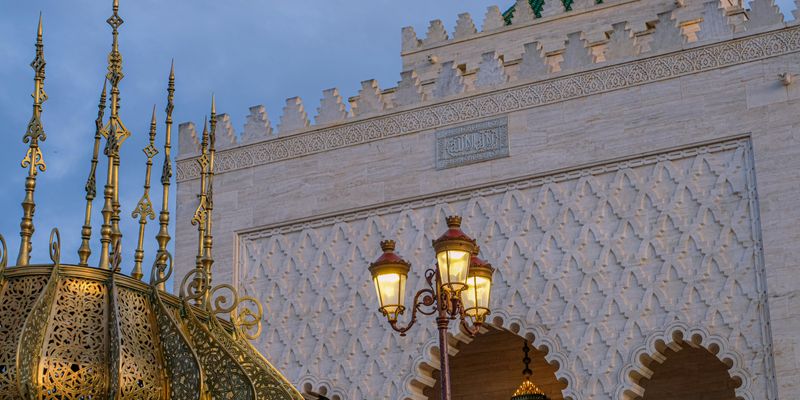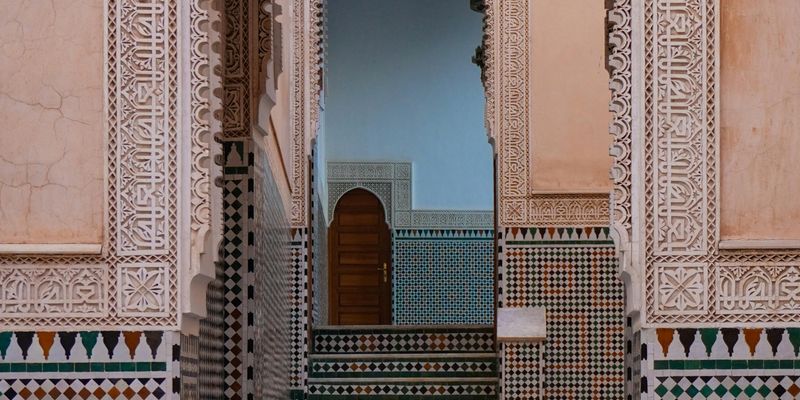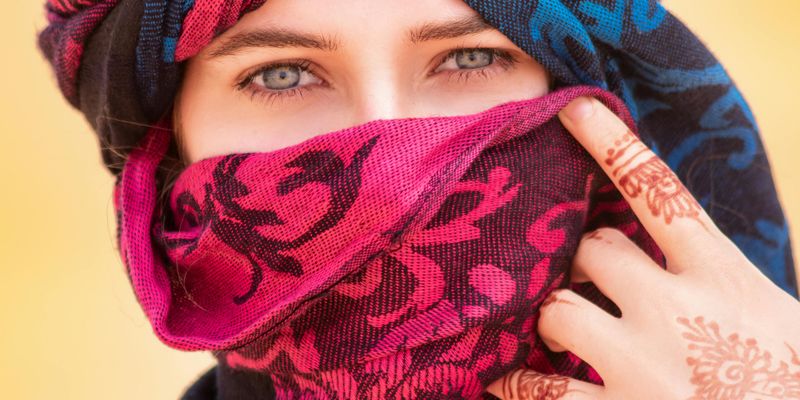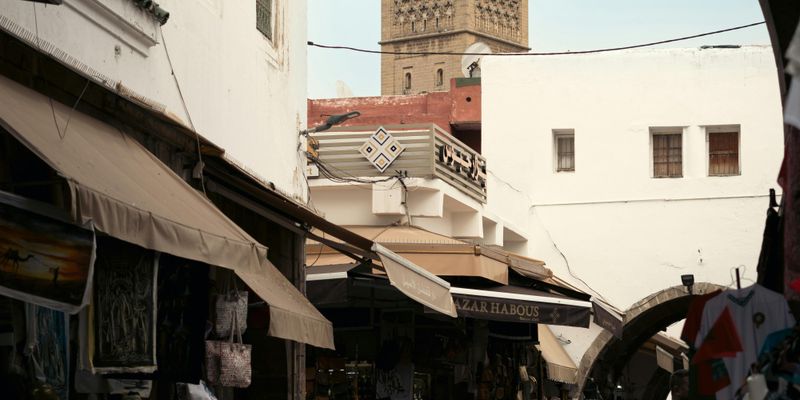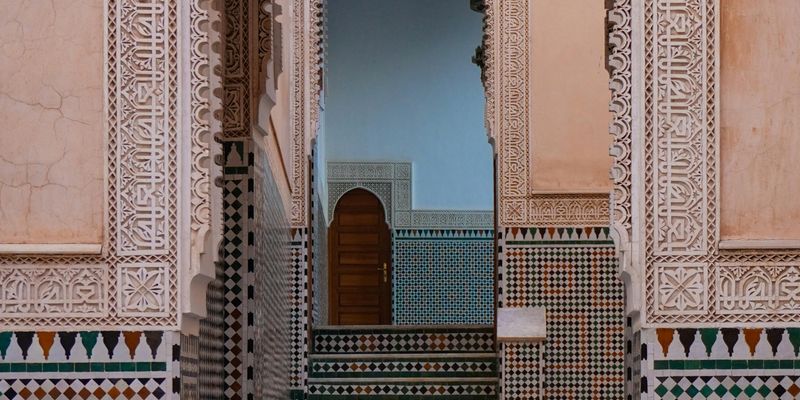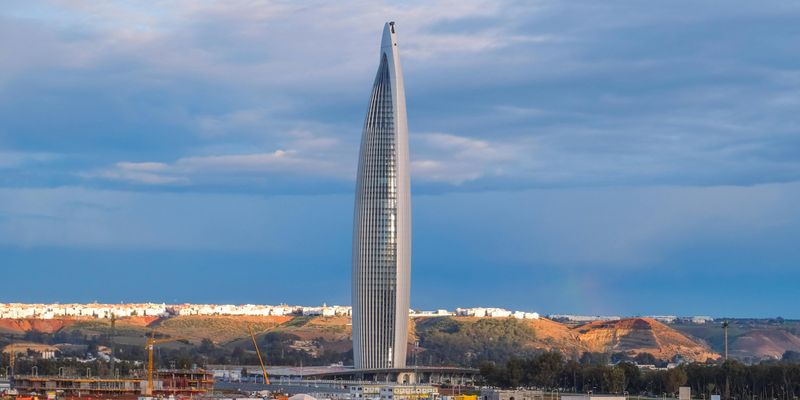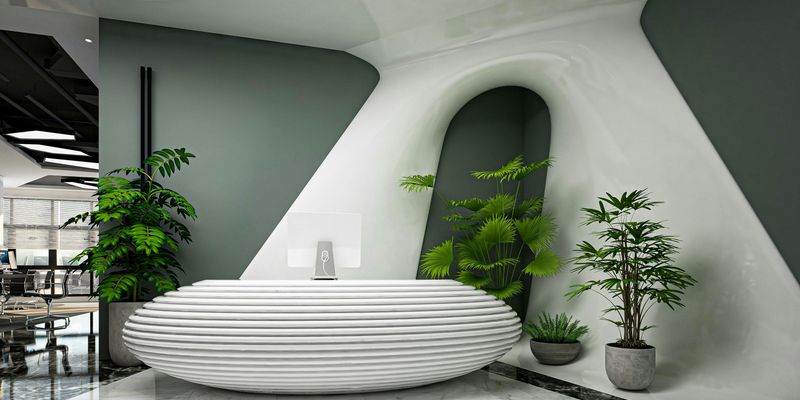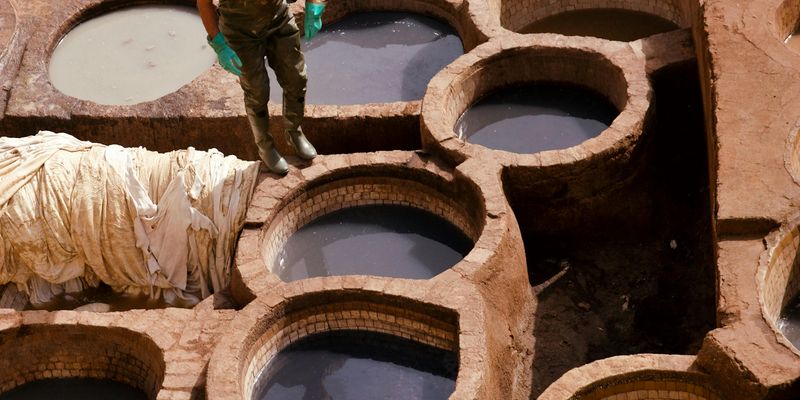
Introduction
When you think of Morocco, vibrant souks, sprawling deserts, and stunning architecture come to mind. However, in recent years, Morocco has embarked on a powerful journey towards sustainability that is not just reshaping its landscapes but also transforming its future. From renewable energy initiatives to eco-friendly practices in tourism, Morocco is paving the way for a greener, more sustainable future—one that deserves international attention.
The Rise of Renewable Energy
In 2016, Morocco launched the Noor Ouarzazate Solar Complex, one of the largest concentrated solar power plants in the world. This ambitious project reflects the country's commitment to clean energy, aiming to produce over 500 MW of energy that powers hundreds of thousands of homes. As you stand under the bright Moroccan sun, it’s inspiring to know that the very light illuminating the country is being harnessed to reduce reliance on fossil fuels.
Wind Power Initiatives
But the push for sustainability doesn’t end with solar power. Morocco has also embraced wind energy as a crucial component of its renewable strategy. The Torres de Khmissat wind farm, which boasts a capacity of 140 MW, is a prime example of how the nation is diversifying its energy resources. These initiatives not only contribute to a cleaner environment but also create job opportunities in regions that need them the most.
Sustainable Agriculture and Local Farming
Morocco’s natural beauty isn’t limited to its landscapes; it extends into its rich agricultural traditions. The country is focusing on sustainable farming practices that protect its biodiversity and preserve its natural resources. Initiatives like the Green Morocco Plan promote organic farming, crop rotation, and the use of local seeds. By fostering sustainable agriculture, Morocco can maintain its rich culinary heritage while ensuring that future generations can enjoy the same delicious flavors derived from healthy, locally-sourced ingredients.
The Importance of Argan Oil
Argan oil, a local treasure, exemplifies this balance between economic productivity and environmental responsibility. The Argan Forest, which is listed as a UNESCO biosphere reserve, has seen various programs aimed at protecting this unique ecosystem. The cooperative production of argan oil empowers local Berber women and preserves the delicate biodiversity of the region. This not only has a positive impact on the economy but also on the environment, as it promotes sustainable harvesting practices.
Eco-Friendly Tourism
Morocco’s breathtaking landscapes—from the sweeping dunes of the Sahara to the cool, lush valleys of the Atlas Mountains—have long attracted travelers. Now, the tourism sector is shifting towards eco-friendly practices. Many riads and hotels across the country are implementing green initiatives, such as solar panels, water conservation, and local sourcing of products. Eco-tourism not only minimizes the impact on Morocco's delicate environments but also offers travelers authentic experiences that connect them with the local culture.
Preserving Cultural Heritage
Sustainability in Morocco extends into the preservation of its centuries-old architecture and traditions. The restoration of historical sites is being approached with a mindset focused on sustainability, ensuring that these treasures are not only conserved but also integrated into the modern community. This deep respect for heritage ensures that visitors can enjoy Morocco's rich history while supporting its future.
Community Engagement and Future Goals
One of the most heartwarming aspects of Morocco’s environmental initiatives is the emphasis on community engagement. Local populations are encouraged to participate in sustainability programs, and initiatives often provide educational resources that empower communities to value their natural environment. This grassroots approach ensures that sustainability is woven into the fabric of Moroccan society.
A Vision for the Future
Looking ahead, Morocco aims to derive 52% of its electricity from renewable sources by 2030. The country's leadership recognizes that tackling climate change is not just a responsibility but an opportunity to build a sustainable economy that respects both the environment and its people. As you explore Morocco, you will not only witness stunning landscapes and vibrant cultures but also a nation committed to a path that honors the earth.
Conclusion
As we celebrate the beauty of Morocco, let’s also recognize its strides toward becoming a beacon of sustainability. The blend of tradition and innovation, coupled with an unwavering commitment to environmental stewardship, sets Morocco apart on the global stage. Whether you’re wandering through ancient medinas or trekking the Atlas Mountains, know that you’re embracing a country that is not only rich in history but also in hope for a sustainable future.
